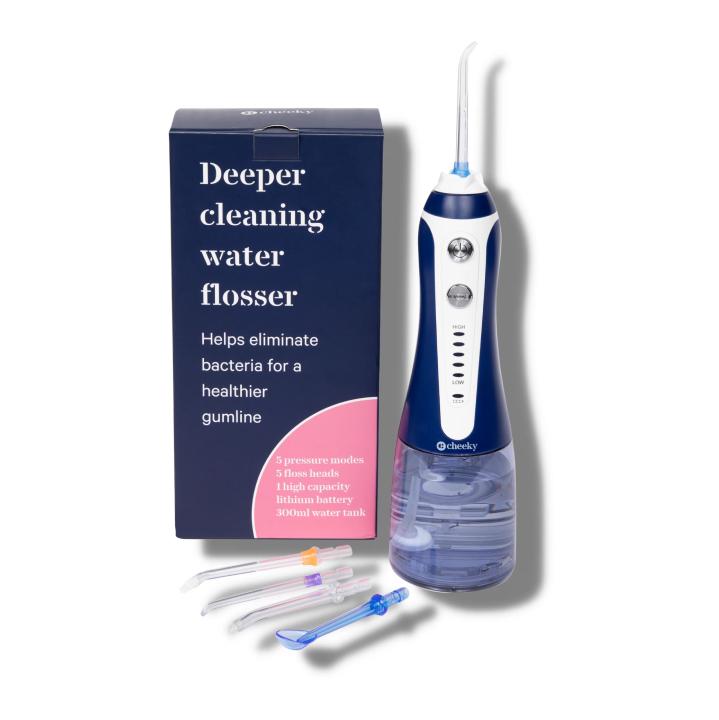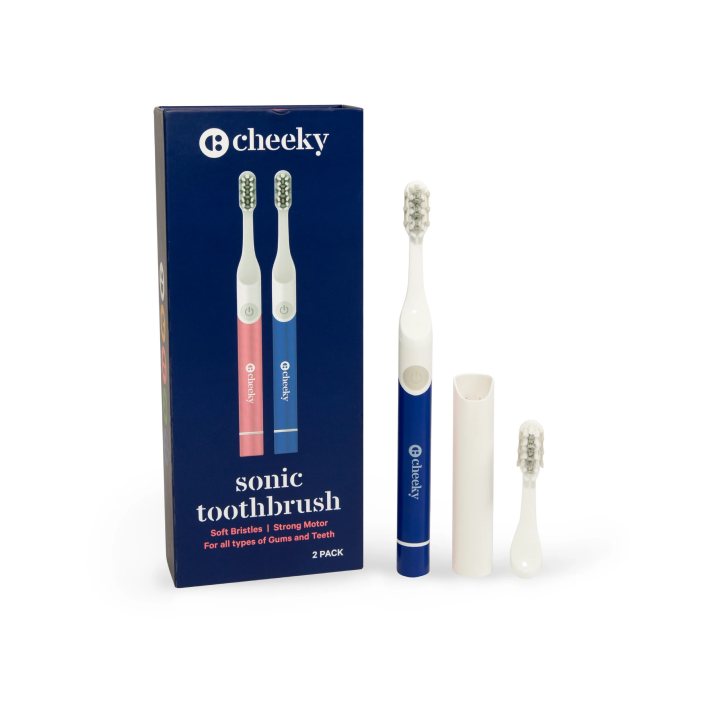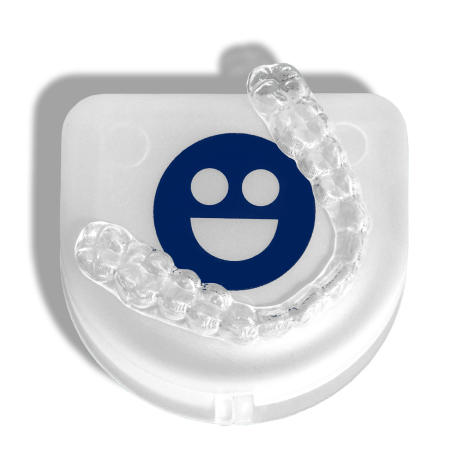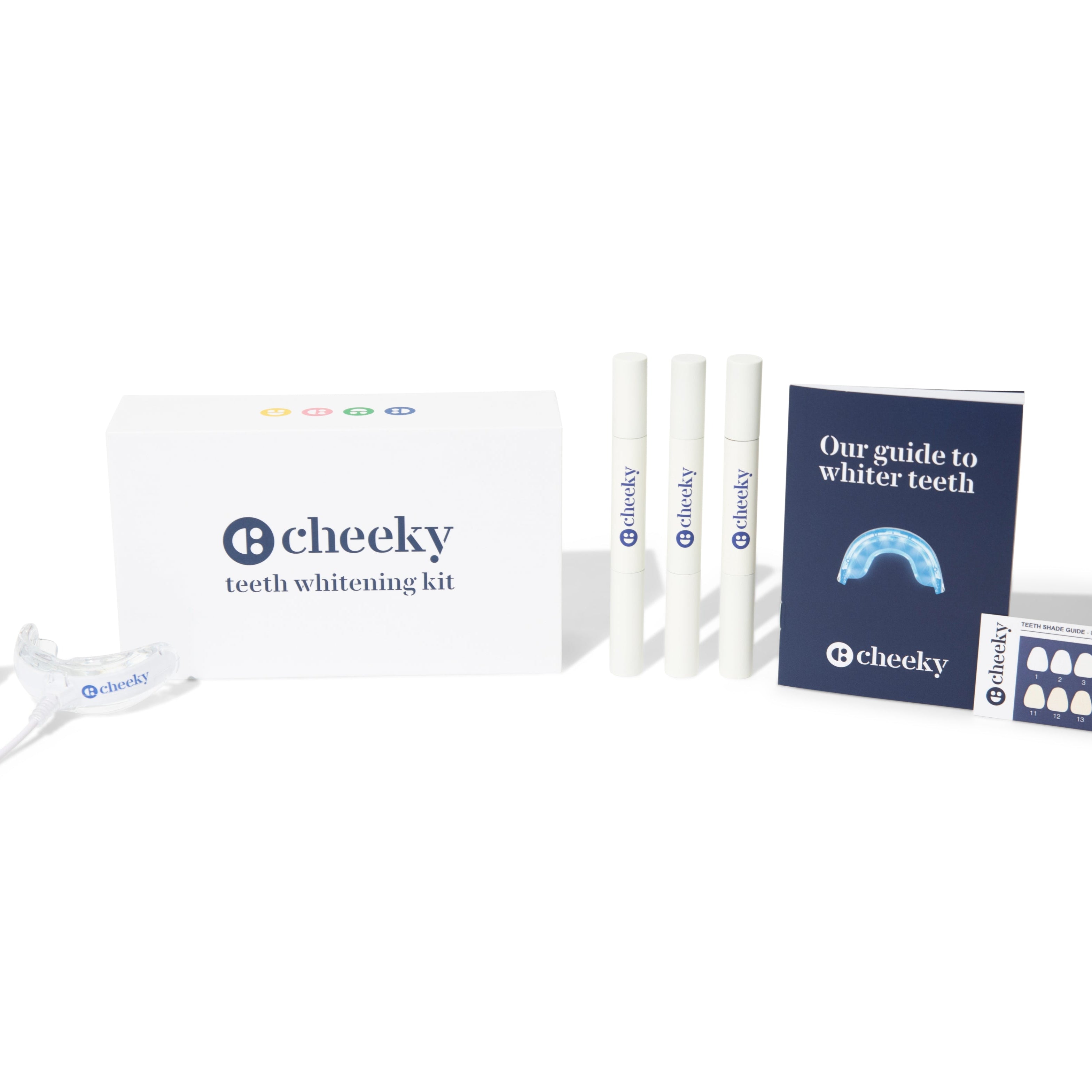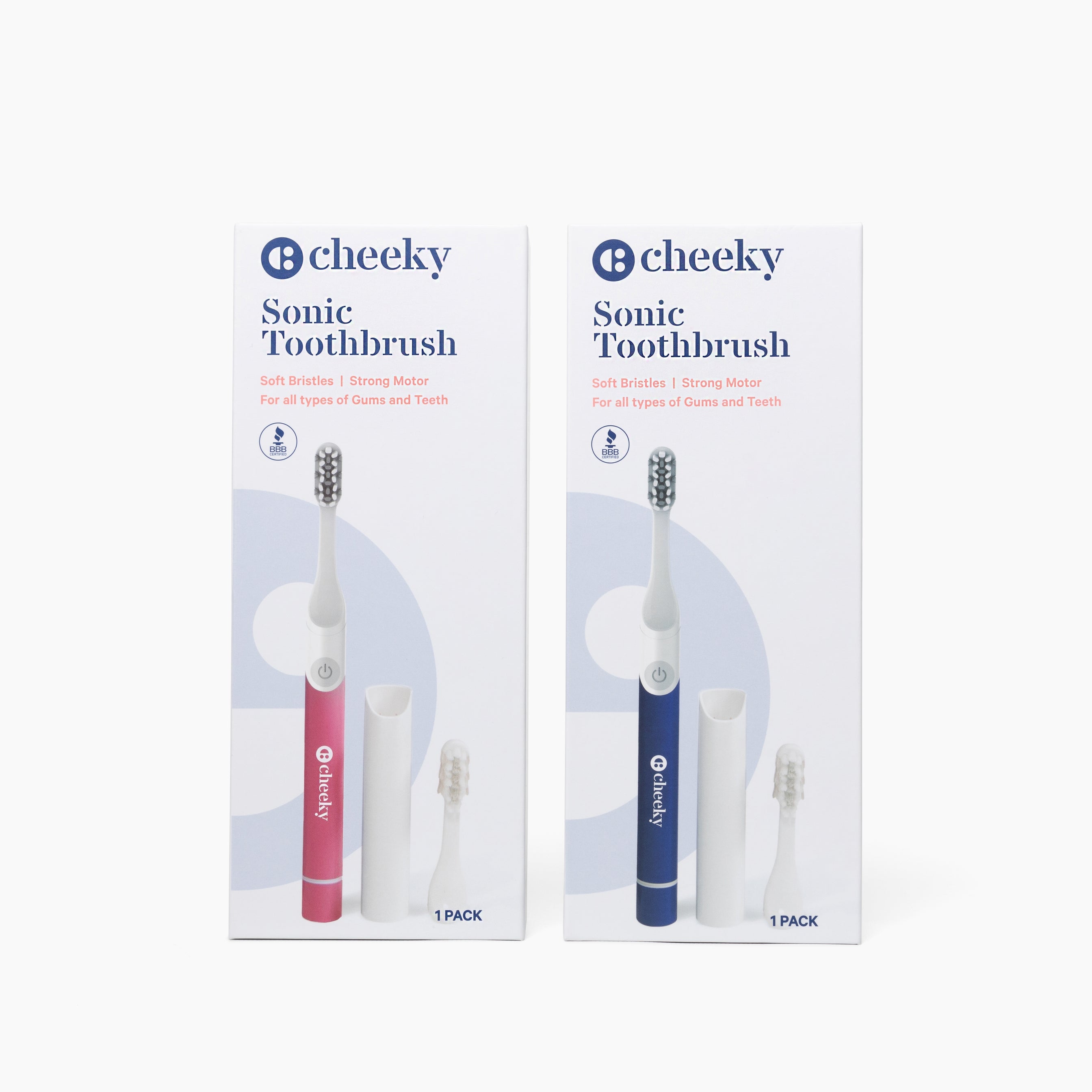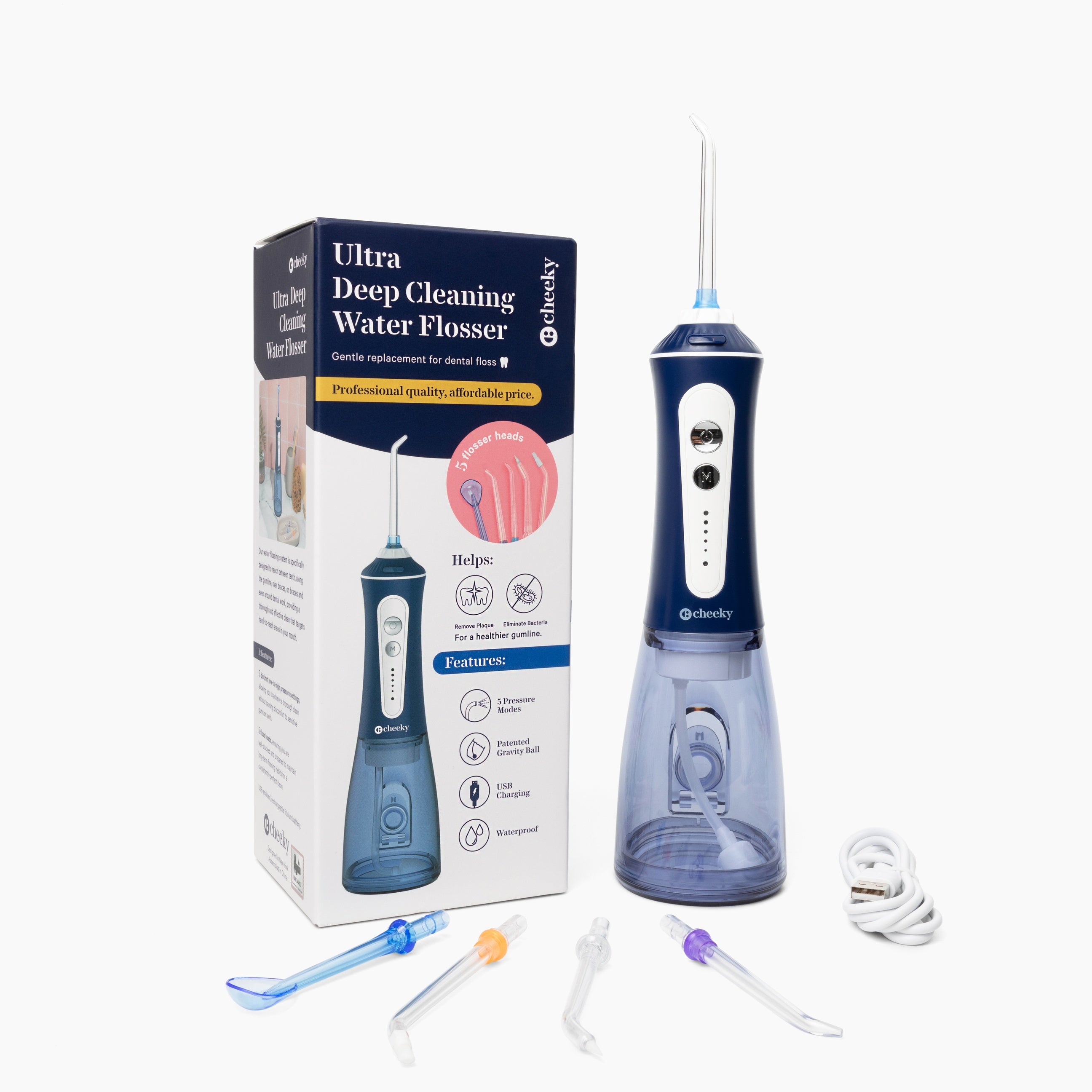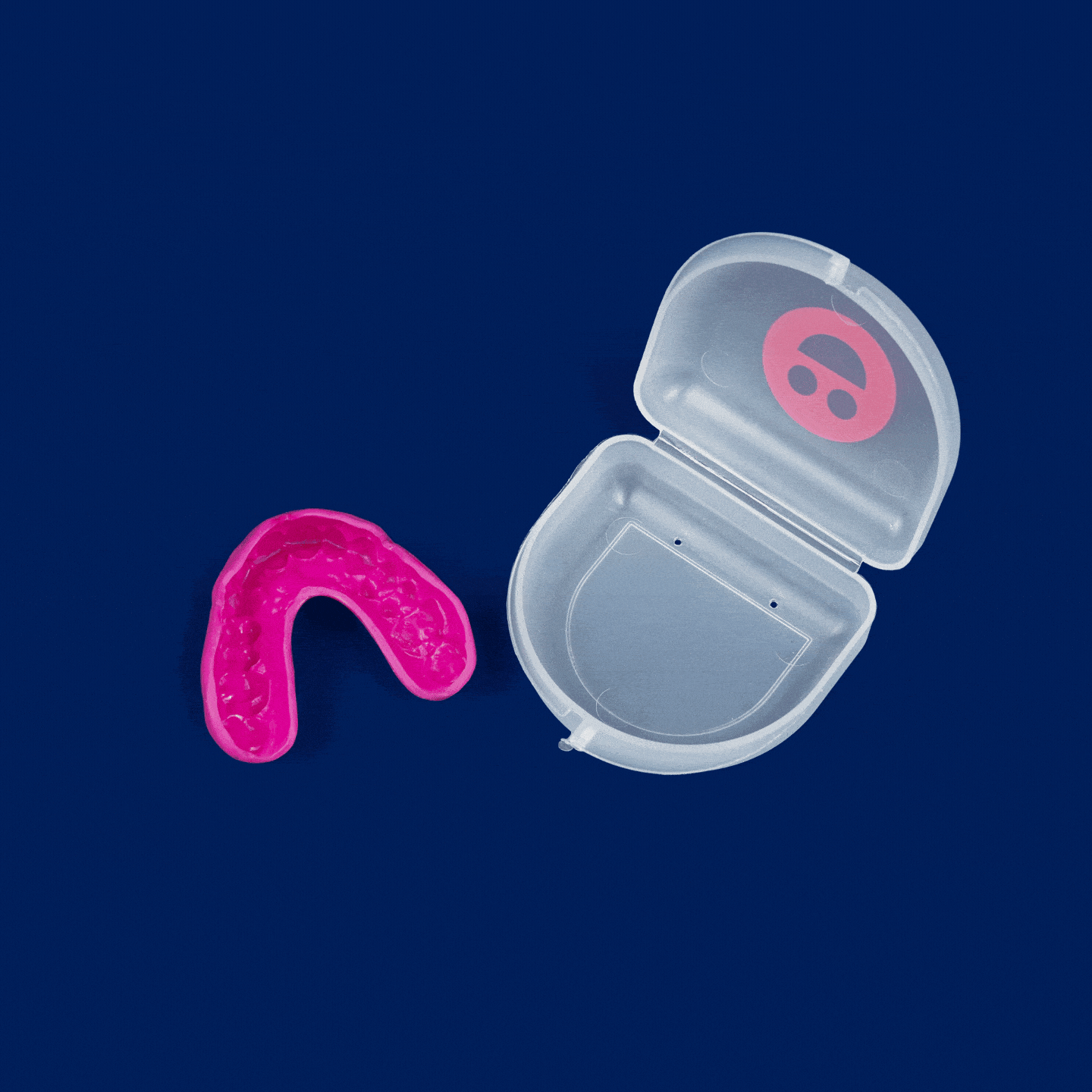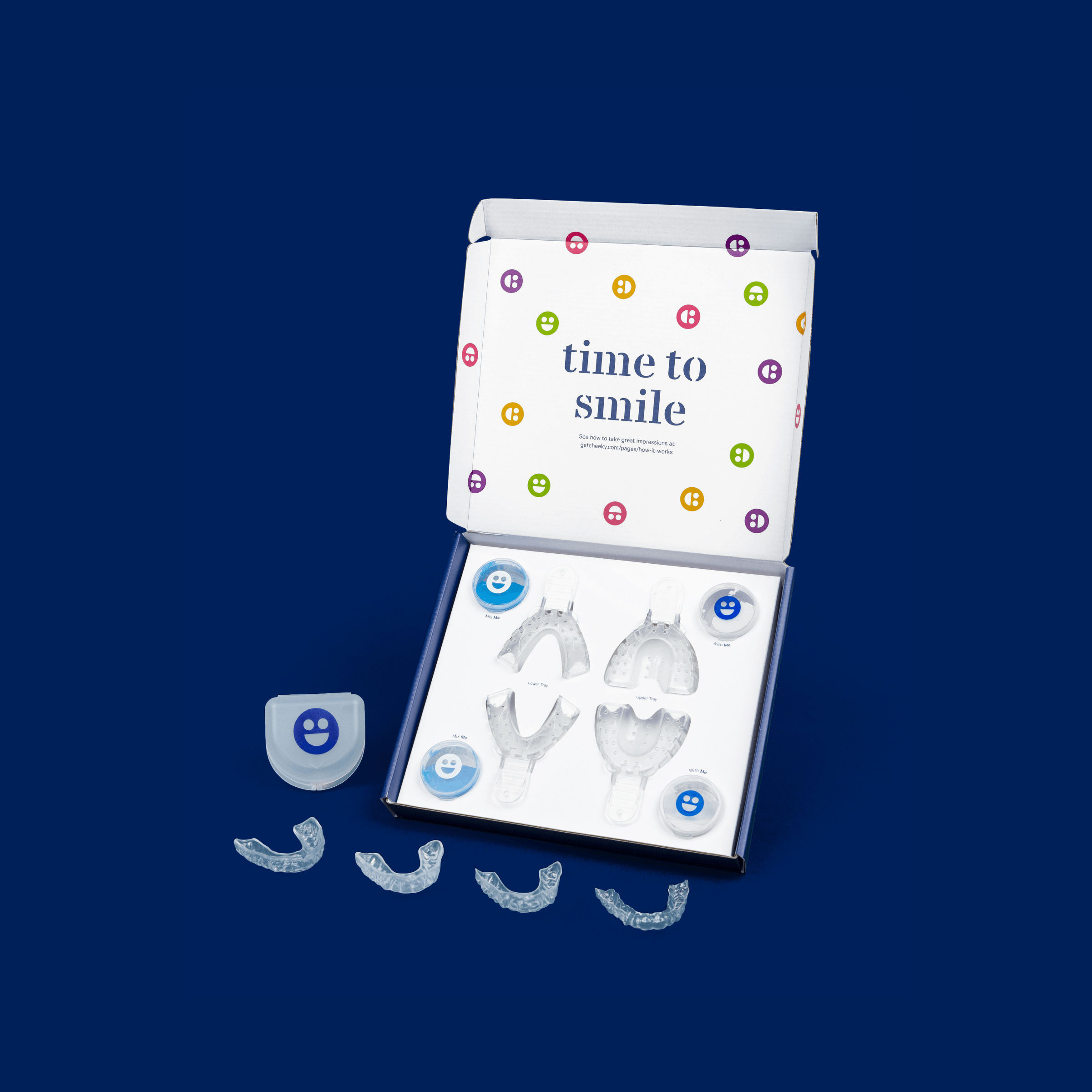Approximately 45 percent of adults snore on occasion, and 25 percent snore regularly. Furthermore, approximately 10 percent of people grind their teeth or clench their jaws (also known as bruxism) while they sleep.
Did you know that there’s a link between snoring and teeth grinding? Everything you need to know about this connection is explained below.
Signs You Snore or Grind Your Teeth
Because snoring and teeth grinding happen while they’re asleep, many people don’t even realize these are issues — at least, until their partner complains or they start waking up with sore jaw muscles.
If no one has told you that you snore, or if you’re not sure if you grind your teeth or clench your jaw, here are some warning signs to watch for:
Signs of Snoring
- Gasping or choking in the middle of the night
- Waking up with a sore or raspy throat in the morning
- Experiencing headaches in the morning
- Excessive sleepiness during the day
- Difficulty concentrating
Signs of Teeth Grinding
- Waking up with a sore jaw (teeth grinding and clenching affects the temporomandibular joint or TMJ, which connects the jaw to the skull, and can cause pain and inflammation)
- Pain in the face, neck, and/or shoulders
- Worn down or broken teeth
- Earaches
- Frequent sleep disturbances
Why Do Snoring and Teeth Grinding Coexist?
Not everyone who snores grinds their teeth — and vice versa. However, these two conditions often coexist for the following reasons:
More Time in Lighter Sleep Stages
Research shows that people are more likely to grind their teeth or clench their jaws in the lighter stages of sleep. In fact, one study showed that less than 10 percent of all bruxism episodes occurred during deep REM sleep.
When you snore, you’re frequently jolted into lighter stages of sleep. This creates more opportunities for you to grind your teeth or clench your jaw.
Temporary Tissue Collapse
Some researchers also theorize that during episodes of snoring, the tissues that line the upper airway collapse. This leads to airway instability.
Airway instability can cause the brain to send a signal to the jaw to tighten the muscles and stiffen the soft sides of the throat. When these muscles stiffen, you can reduce the chances of airway tissues collapsing and ensure your body receives adequate airflow while you sleep.
Pauses in Breath from Sleep Apnea
If your snoring is a sign of a more serious health issue, like obstructive sleep apnea (or OSA), you may be more prone to teeth grinding and jaw clenching.
Obstructive sleep apnea is a condition that causes the muscles in the back of the throat to relax excessively. This prevents normal breathing.
When your breathing pauses as you sleep, your body may respond with elevated stress hormones, an increased heart rate, an increased respiratory rate, and increased muscle activity in the jaw.
How to Combat Snoring
If you struggle with snoring, the following steps can help you breathe more easily when nighttime rolls around:
Avoid Alcohol Before Bed
A lot of people have a habit of drinking an alcoholic beverage (or two or three) before they head to bed. You might think this is helping you sleep well, but the opposite could actually be true.
Alcohol has been shown to impair sleep quality. Drinking before bed could lead to snoring and frequent sleep interruptions.
Quit Smoking
Smoking leads to irritation of the membranes in the nose and throat. This can lead to blockages in the airways and result in snoring.
True, quitting smoking might not be easy. However, it will be worth the struggle if it improves your sleep and long-term health.
Sleep on Your Side
Sleeping on your back may make you more prone to snoring than sleeping on your side.
When you lie on your back, the tissues that surround the airway get pulled downward. This narrows the airway and increases your chances of snoring.
Lose Weight
Those who are overweight or obese may be more prone to snoring (and potentially teeth grinding) as well.
This has to do with increased fat around the neck. When you carry extra fat around your neck and lie down on your back, your airway becomes compressed and you’re more likely to snore.
It’s important to note, though, that it’s not only overweight and obese people who struggle with snoring. People of all shapes and sizes may snore.
How to Combat Teeth Grinding
For those who tend to teeth grind — with or without snoring — these tips can help you relax your jaw and get a better night’s rest:
Manage Your Stress
In addition to the link between snoring and teeth grinding, there is also a link between teeth grinding and stress.
Those who are prone to anxiety or are going through stressful periods of life may be more prone to clenching their jaw and grinding their teeth while they sleep. Taking steps to reduce stress and relax before bed can help you combat these issues.
Practice Mindfulness
One of the best ways to manage stress is to practice mindfulness. When you make time to regularly sit quietly, focus on your breath, and be present, it’s easier for you to handle stressful situations, stay calm, and sleep soundly.
Wear a Custom Night Guard
Wearing a night guard — also known as a tooth guard — can also be helpful when it comes to addressing teeth grinding and jaw clenching.
A night guard creates a barrier between your top and bottom teeth. This prevents you from grinding your teeth against each other as you sleep.
Be sure to invest in a custom night guard created by a dental professional for the best results.
Consider Botox Injections
Some people also find relief from jaw clenching and teeth grinding when they get Botox injections in their jaw muscles. Botox injections temporarily paralyze the jaw muscles, which prevents you from clenching them.
Address Snoring and Jaw Problems Today
Do you struggle with frequent snoring, teeth grinding, or both? If so, you may be setting yourself up for more health problems later on.
Keep the tips listed above in mind so you can improve your oral health, get better sleep, and address issues like temporomandibular joint disorders (or TMD) head-on.
The Easy Way to Take Care of Bruxism and TMD
Cheeky makes it easy and affordable to say sayonara to the pain and tension accompanying TMD and bruxism. Never deal with gross night guards again! Our custom nightguards will give you the best night of sleep you’ve had in months.
Pick your plan and customize your nightguard with Cheeky today.
